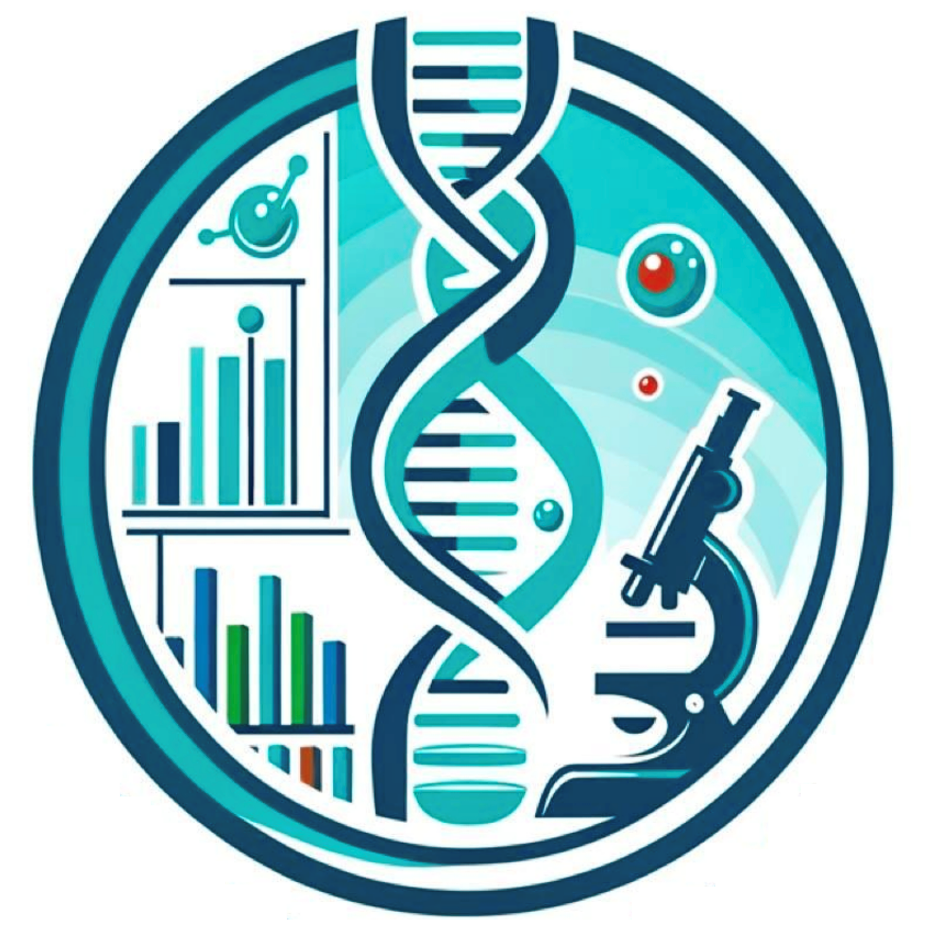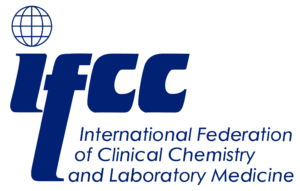Background
For patients with metastatic rare cancers, treatments are limited. How systematic tumor sequencing can improve therapeutic possibilities in this population?
Patients And Methods
Patients with rare cancer were identified in the MOSCATO-01 trial. Patients’ outcome was measured by progression-free survival (PFS) and overall survival (OS).
Results
The most frequently identified histologic subypes were ovarian adenocarcinoma (N = 13), carcinoma of unknown primary (N = 11), and leiomyosarcoma (N = 10). Ninety-nine (39%) of them had at least one targetable cancer molecular alteration Forty-nine patients (50%) received the therapy proposed by the molecular tumor board, and 13 patients (26%, 95%CI 15-41%) achieved a PFS2/PFS1 > 1.3. The median PFS2 on matched treatment subgroup was 2.3 months (95% CI 1.8-3.6) and the median OS was 11.4 months (95% CI 9-15.5).
Conclusions
The molecular screening of patients with refractory, metastatic rare cancers might increase the therapeutic options. Facilitating access strategy to molecular-driven clinical trials or agnostic-approved treatment is crucial.

